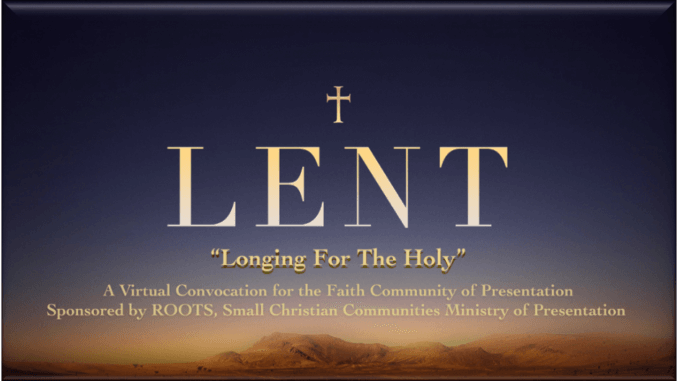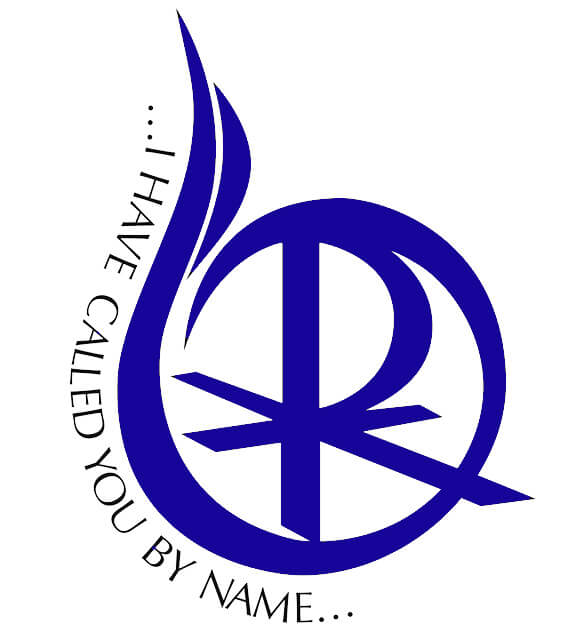
Warrior Is A Child
Music by: Twila Paris
Sung by: Joseph Legaspi
Piano Accomp. by: Gideon Bendicion
“The Father’s Grace”
Daybreaks: Daily Reflections for Lent & Easter
by Ron Rolheiser, OMI
“Take no revenge and cherish no grudge against your own people.
You shall love your neighbor as yourself. I am the Lord.”
(LEVITICUS 19:18)
“We know it’s easy enough to be understanding, loving, and forgiving when you are bathed in them. It’s quite another thing when your very adherence to those qualities is making you the object of misunderstanding, hatred, and murder.
In Gethsemane, we see Jesus prostrate, humanly devastated, on the ground, struggling mightily to cling to a cord of sustenance that had always sustained him in trust, love, and forgiveness and had kept paranoia, hatred, and despair at bay. The answer doesn’t come easy for him. He has to pray repeatedly and, in Luke’s words, “sweat blood” before he can regain his balance and root himself again in that grace that sustained him throughout his ministry. Love and forgiveness are not easy. Not giving in to anger, bitterness, self-pity, hatred, and the desire for vengeance didn’t come easy for Jesus, either.
Our ultimate moral struggle is not giving in to our natural reactions whenever we are disrespected, slighted, ignore, misunderstood, hated, or victimized in small or large ways. In the face of these, paranoia automatically takes over and most everything inside us conspires to create and obsessive pressure toward giving back in kind, slight for slight, disrespect for disrespect, ugliness for ugliness, hatred for hatred, violence for violence.
Like Jesus, who himself had to struggle mightily to not give in to coldness and hatred, we also can draw strength through the same umbilical cord that nurtured him. His Father’s grace and strength can nurture us, too” (8).
“Jewish Cleansing Rituals”
Excerpt from the Lenten “Black Book”
“The Jewish people practiced some water rituals for cleansing themselves of ritual impurity. Thew were sometimes referred to as “baptism” because that word simply means to “dip” or “plunge” something into water.
These water rituals were usually self-administered, although in the Gospel, John the Baptist administered a water ritual at the Jordan River.
The Mosaic law listed various ways people could become ritually “unclean” (i.e. unable to touch anything sacred, or enter the Temple area until they were purified). A priest, for example, became unclean if he touched a dead body. A woman who bore a male child was ritually unclean for 40 days” (Feb. 22, 2021).
This week we begin reading from the Sunday Gospels. One way to pray the Scripture is to imagine taking a saint with you and talk with them along the way. For example, Mary Magdalene, or Peter, or Mary – the mother of God.
“40 Ways To Be During Lent”
Ashes to Easter
– Be Generous –
